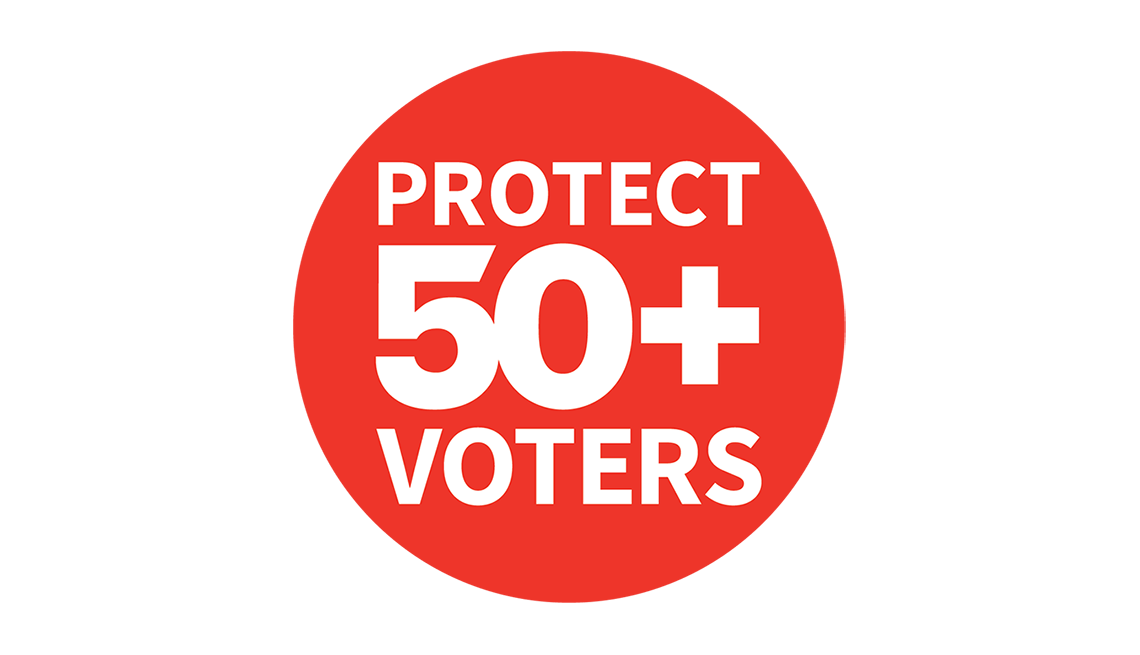
- Select a language for the TTS:
- UK English Female
- UK English Male
- US English Female
- US English Male
- Australian Female
- Australian Male
- Language selected: (auto detect) - EN
Play all audios:
Those looking to make structural modifications to their homes to access essential areas can apply for the Home Improvements and Structural Alterations (HISA) benefit. The VA Prosthetics and
Sensory Aids Service (PSAS) aims to maximize the independence of veterans by providing wearable items and tools that promote autonomy. Ginger A. Davis, Chief of PSAS at the Western North
Carolina VA Health Care System, provided insights to increase awareness of these resources. As a consult-driven department, all actions are based on individual patient orders, said Ginger.
Veterans must first communicate with their primary care providers to discuss their medical needs and the necessity for prosthetic items. “Mobility aids such as walkers and wheelchairs, home
oxygen services, aids for blindness and visual impairment, and rehabilitative equipment,” Ginger highlighted, listing some of the prosthetic devices and sensory aids available to patients.
Specific items available for women veterans include breast pumps, nursing bras, and wigs for alopecia. Any medically necessary item that is commercially available may be procured based on
the veteran’s individualized needs, she added. Additionally, programs are in place to optimize veterans' independence. Those looking to make structural modifications to their homes to
access essential areas can apply for the Home Improvements and Structural Alterations (HISA) benefit. This grant currently provides up to $6,800 for those with service-connected conditions
and up to $2,000 for those with non-service-connected conditions. “This is a lifetime benefit. If a veteran uses the entire amount to modify a specific area of their home, they cannot access
HISA again for future needs. However, we can assist them in discovering other benefits they may qualify for,” she explained. Britani L. Clark, the assistant chief, expanded on the Service
Dog Veterinary Health Insurance Benefit, which covers veterinary services for service dogs, including annual preventive and maintenance care as well as emergency care. “To qualify, the dog
must be trained and come from an Assistance Dogs International or International Guide Dog Federation accredited service dog organization,” Clark clarified, noting that the VA does not assign
dogs. Clark reassured, “Our goal is to help veterans achieve maximum independence.” She shared an example of this commitment following Hurricane Helene, when the PSAS team collaborated
closely with the Respiratory Service to ensure veterans received their home oxygen supply. “We [VA Representatives] maintained an updated roster of veterans who required home oxygen. After
the storm, we ensured our contracted Oxygen vendor with the assistance of the Respiratory department contacted 100% of that vulnerable population to verify their status and ensure they had
access to this life-saving service.” Veterans interested in learning more about the services and programs available can visit the PSAS website: VA Prosthetic and Sensory Aids Service (PSAS)
- Rehabilitation and Prosthetic Services.






:max_bytes(150000):strip_icc():focal(319x0:321x2)/people_social_image-60e0c8af9eb14624a5b55f2c29dbe25b.png)


